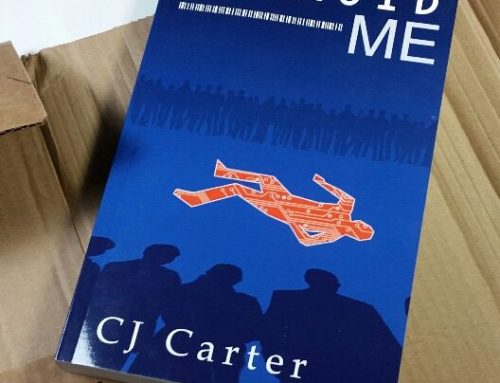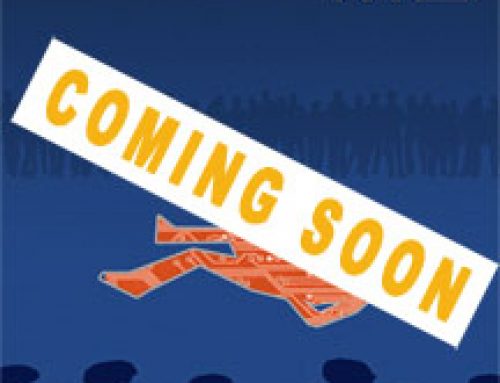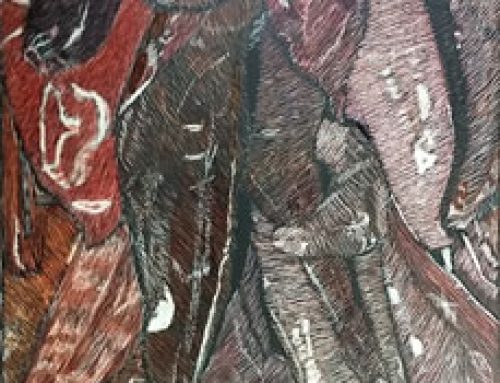“So tell me—why did you write your book?”
This question gets asked with some frequency. It’s sort of the less-gauche way of the challenge: “Why should I read your book?”
It’s really pretty fair. After all, I’m asking that the reader invest their time in a story they know very little about. It’s not that they want to know the details, exactly*, but as to how they might be able to surrender themselves to the story. After all, few adults are prone to read a story about a sociopath stalking an English boarding school. If, instead, they are reading an epic story of good versus evil within a hidden world populated with wizards, magic, dragons, and secret societies…well, then you might get some attention. Eventually.
And so people ask the author about why ey** wrote the book.
I’ve been a casual student of history, especially American history, since elementary school. My longest-time friend loved history (and now teaches it) would tell me tales both commonly known and surprisingly obscure on through our days in college. He sparked in me my continued love of where we’ve been and how we’ve behaved as a species for the past several millennia. One facet often attracted my attention: the wars fought between powers with strong self-interest and their weaker targets fighting for their homes and ways of life.
It’s a fine line between liberator and invader. Between rebel and terrorist. In large part, it depends on your point of view. When I started playing around with plots and themes for Que Será Serees, it was after the events of September 11, 2001 and just before the US-led wars in Afghanistan and Iraq which soon followed. Once the American attacks began, I started wondering how I’d feel in their place? It’s not an easy question.
This started me thinking about World War II. Of course you have the French Resistance, but you also have the Soviets who saw an ally turn into an enemy—forcing them to fight to save their homeland. And this led me to what is a more homespun example: Washington leading the United Colonies/States against the forces of Great Britain in (arguably) the first successful war of colonial independence.
There is the idea in science fiction that it’s not a good idea to make humans the enemy. After all, your audience is human and isn’t likely to relate to aliens. Being a bit of a rebel myself, I wanted to take a stab at that. (Keep in mind, Avatar wasn’t even a finished script by the time I finished the first draft, so the fact that both stories have blue alien rebels fighting against human invaders is simply coincidence.) What if the planet being invaded wasn’t Earth but, instead, Serees? How would they defend their home?
In the end, the theme that propelled me through the story was this: people will fight harder and longer to save their homes than they ever will to fight a foreign war. They are often defeated (that darned superior force thing), but they often fight until there is no one left who can fight— capitulation being little more than a long-term delay tactic.
So, the reason I wrote Que Será Serees was to honor the people who righteously fought to keep their way of life. Valor comes when you have everything to lose and are willing to lose everything for the chance for victory. It’s a story old as time and, sad to say, will often have to be repeated.
* It shouldn’t matter either way. “New study shows that knowing spoilers doesn’t ruin a story”
** It’s for just these epicene situations where I’m pushing that we add the new pronouns I installed in this book. “Genderless Pronouns – Ey, Em, and Eir“





